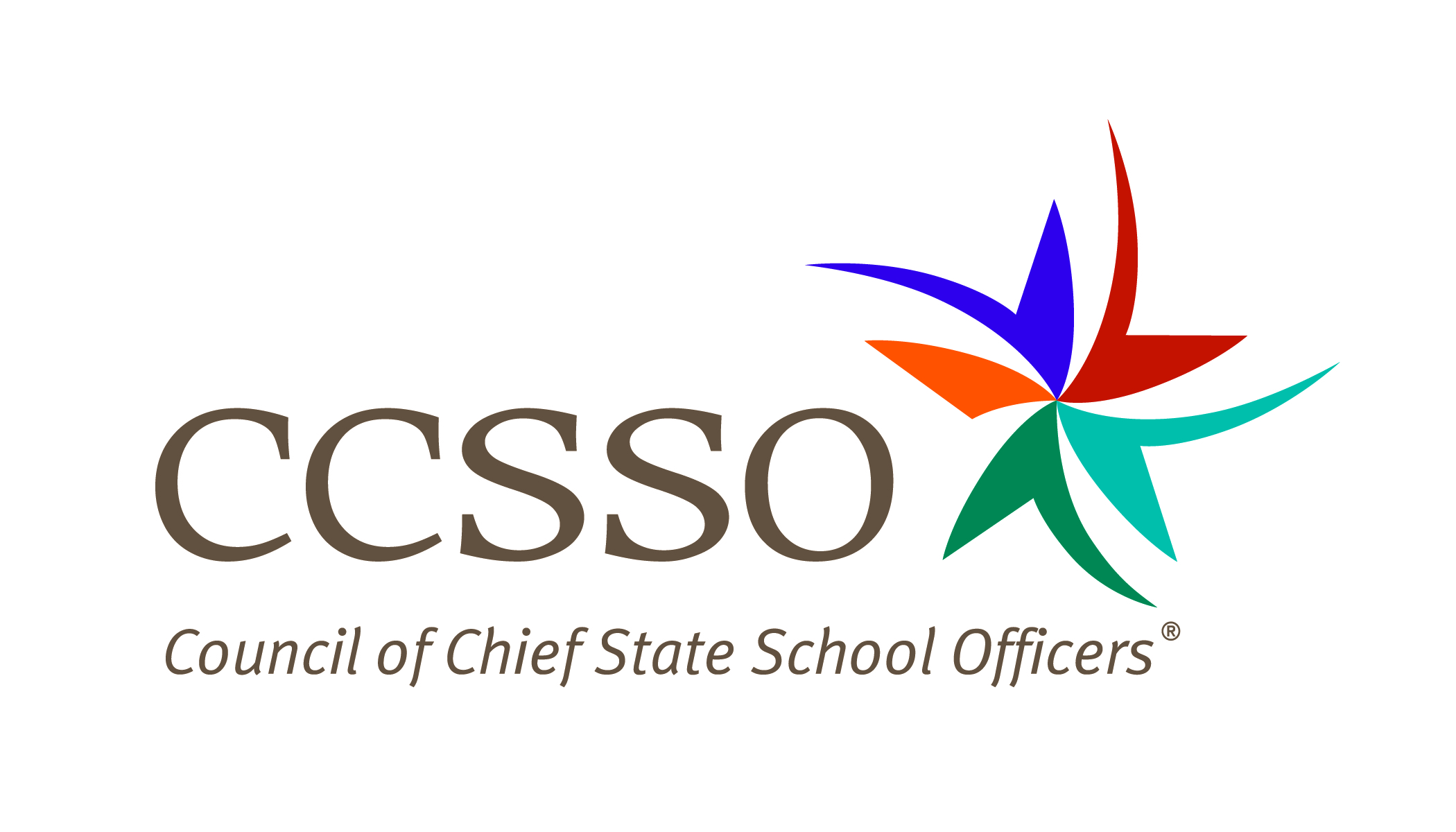
Washington, D.C. (June 8, 2023) – Connecticut State Department of Education Commissioner Charlene Russell-Tucker testified today at a U.S. Senate Health, Education, Labor and Pensions Committee hearing, “Why Are So Many American Youth in a Mental Health Crisis? Exploring Causes and Solutions.”
Russell-Tucker discussed the extensive efforts Connecticut has undertaken to support students’ mental health needs before and during the COVID-19 pandemic, the importance of federal COVID-19 relief funds in supporting those programs, and how important it is for these initiatives to receive continued funding in the future.
“Connecticut prioritized student mental health alongside academic recovery when investing the more than $1.7 billion that has been allocated to our state under the Elementary and Secondary Schools Emergency Relief (ESSER) Fund,” Russell-Tucker said in prepared testimony. “Sound mental health is foundational to learning and ultimately all aspects of human development; therefore, we must continue to develop, evaluate, and provide resources to support these efforts.”
She also highlighted Connecticut’s Voice4Change Initiative, through which high school students crafted and voted on proposals to use $1.5 million in ESSER funding. More than 80% of winning proposals addressed the need for additional social, emotional and mental health support, including mental health first aid teams, peer mediation and after school programs.
Read Russell-Tucker’s prepared testimony here. She also testified before the Senate Health, Education, Labor and Pensions Committee last year, in a hearing on “Supporting Students and Schools: Promising Practices to Get Back on Track.”
###
The Council of Chief State School Officers (CCSSO) is a nonpartisan, nationwide, nonprofit organization of public officials who head departments of elementary and secondary education in the states, the District of Columbia, the Department of Defense Education Activity, Bureau of Indian Education, and five U.S. extra-state jurisdictions. CCSSO provides leadership, advocacy, and technical assistance on major educational issues. The Council seeks member consensus on major educational issues and expresses their views to civic and professional organizations, federal agencies, Congress, and the public.
You May Also Be Interested In ...